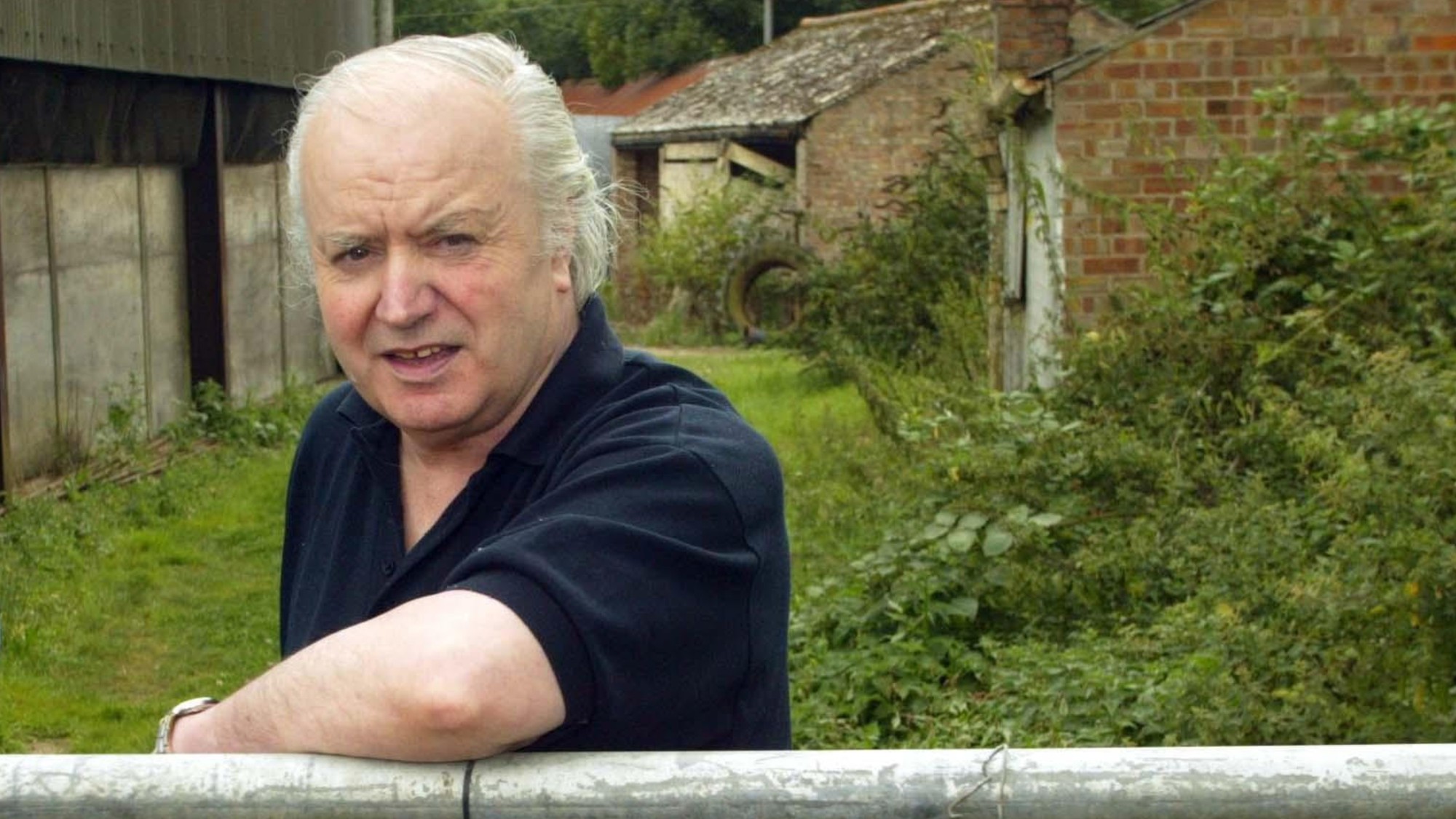Tony Martin obituary: Norfolk farmer who killed teenage intruder
In 1999, Martin opened fire on prowlers breaking into his home – and became a cause célèbre

A free daily email with the biggest news stories of the day – and the best features from TheWeek.com
You are now subscribed
Your newsletter sign-up was successful
Late one night in August 1999, Norfolk farmer Tony Martin heard the sound of a break-in at his dilapidated home, where he lived alone. According to his version of events, he grabbed an illegal pump action shotgun that he kept under his bed, and fired it into the darkness as he went down the stairs, said The Times. The body of 16-year-old Fred Barras would be found in nearby undergrowth the next day. Shot in the back, he had bled to death. Barras's accomplice, Brendan Fearon, was wounded, but managed to get away and raise the alert.
Barras and Fearon, both habitual thieves, had driven 70 miles from Nottinghamshire to rob the aptly named Bleak House, where Martin stored antiques; they were armed with a baseball bat and a chisel. But if Martin was acting in self-defence, as he claimed, police wondered why he had not fired a warning shot; and also why, having shot three times at the burglars, he had gone out in his car looking for them instead of dialling 999. Within days, he had been charged with murder. Many locals, however, sided with the farmer; they said there had been a rash of burglaries, and argued that, if the police couldn't protect them, householders must be free to defend themselves in their own homes.
His case became a cause célèbre. At his trial, jurors visited Bleak House – which was so overgrown with ivy and hogweed it could hardly be seen. Martin turned up to court each day with a teddy bear. He said he had been burgled multiple times before; police said he seemed not to have reported these crimes. The trial heard that he hated "gypsies" (Barras was from a Traveller family); and forensic evidence suggested that Martin had fired at least two of the shots not from the stairs, but from the ground floor. Prosecutors argued that he had anticipated the burglary and had been lying in wait, said The Daily Telegraph.
The Week
Escape your echo chamber. Get the facts behind the news, plus analysis from multiple perspectives.

Sign up for The Week's Free Newsletters
From our morning news briefing to a weekly Good News Newsletter, get the best of The Week delivered directly to your inbox.
From our morning news briefing to a weekly Good News Newsletter, get the best of The Week delivered directly to your inbox.
Unconvinced that he'd used only "reasonable force" to defend himself, the jury convicted him of murder in 2000. The following year, his sentence was reduced to manslaughter on grounds of diminished responsibility, for which he served three years. His story, it turned out, was not that of a "folk hero", but of an unstable, isolated man whose depression and paranoid personality disorder had gone undiagnosed.
Tony Martin was born into a well-off Norfolk family in 1944, and was privately educated; but he had no talent for school work and, aged 17, he left school and went travelling. He worked as a steward on cruise ships before moving on to North Sea oil rigs. He finally came home in the 1970s to run the family pig farm, and later inherited Bleak House from an aunt. Over time, the farming got too much for him, however, and in the 1990s he became increasingly paranoid about intruders in particular. He'd boarded up his windows, acquired his gun and three rottweilers, and slept in his boots and his work clothes. Following his release from prison in 2003, he expressed support for the far-right BNP.
A free daily email with the biggest news stories of the day – and the best features from TheWeek.com